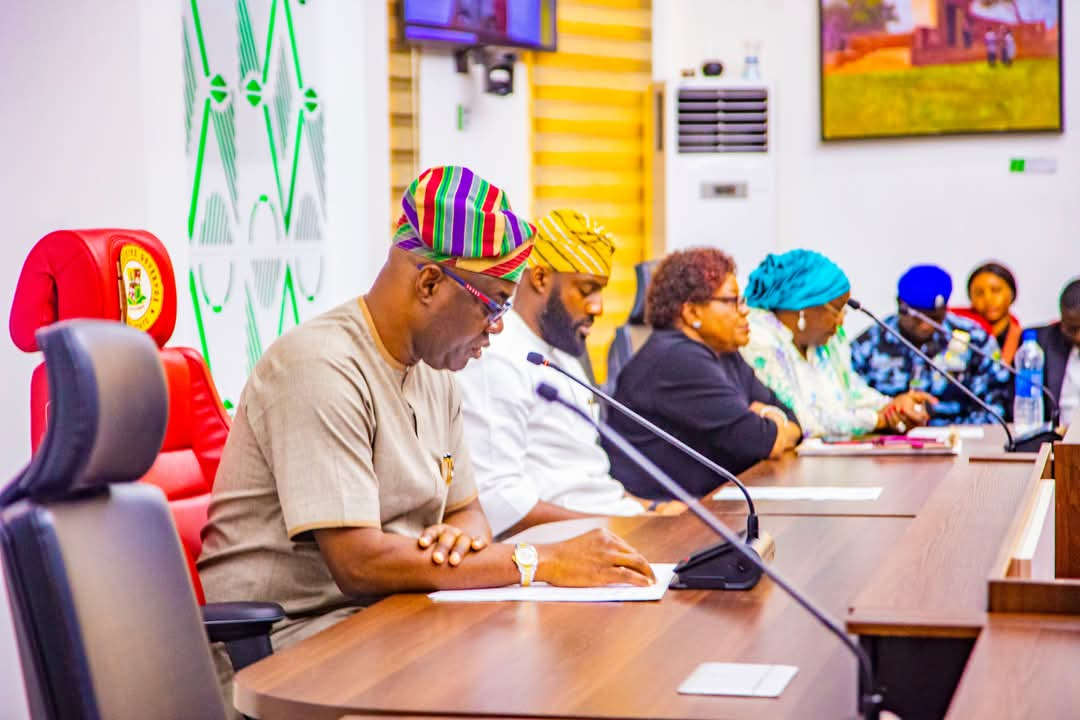Technology is radically transforming education in Nigeria and across Africa, bridging learning gaps, fostering inclusion, and enhancing teaching methods. The challenges of inadequate infrastructure, underfunded schools, and insufficient resources are well-documented.
However, technology has emerged as a game-changer, providing innovative ways to address these issues and expand access to quality education for millions of learners.
The global education technology (EdTech) sector is expected to grow at a compound annual growth rate (CAGR) of 16.5%, reaching $605 billion by 2027. In Africa, where over 60% of the population is under 25, the potential of this growth is immense.
Governments, private entities, and non-profits are increasingly turning to digital solutions to tackle challenges like overcrowded classrooms, lack of skilled teachers, and the scarcity of educational materials. These advancements are reshaping education, ensuring that even the most underserved communities have access to learning opportunities.
Nigeria stands as a key example of how technology is driving innovation in education. From mobile learning apps to e-learning platforms and digital content tools, the nation is leveraging technology to reimagine its educational systems. This transformation is especially evident in the rise of platforms such as Ubongo, Roducate, and ScholarX.
Ubongo, for instance, is a Tanzania-based platform that has made a significant impact across Africa. It uses edutainment—educational entertainment—to deliver early education to children in local languages. Programs such as Ubongo Kids and Akili and Me combine animated storytelling with lessons on numeracy, literacy, and life skills. The platform currently reaches over 28 million households in 41 African countries, including Nigeria. This approach ensures that children in remote and impoverished regions, often deprived of formal schooling, can still receive foundational education.
Another groundbreaking platform is Roducate, a homegrown Nigerian e-learning solution designed for primary and secondary school students. Roducate aligns its curriculum with national educational standards, offering syllabus-based learning materials, practice exams, and interactive assessments. One of its most significant features is its offline functionality, which caters to students in areas with limited or no internet connectivity. By addressing such infrastructural barriers, Roducate exemplifies how locally tailored solutions can drive equitable access to education.
ScholarX is another innovative platform making strides in Nigeria’s education sector. The platform focuses on solving two critical issues: funding and access to learning resources. ScholarX connects students with scholarships, grants, and crowdfunding opportunities, making education more affordable for many Nigerian families. Its e-learning services, including the LearnAM app, go a step further by equipping students with digital skills, vocational training, and entrepreneurial knowledge, preparing them for the modern workforce.
Beyond these platforms, classrooms across Africa are integrating technology to enhance the learning experience. Countries like Rwanda, Kenya, and South Africa have made significant progress through government-backed initiatives. For instance, Rwanda’s “One Laptop Per Child” project has distributed over 200,000 laptops to primary school students, fostering digital literacy and innovation from an early age. Similarly, in Nigeria, institutions such as Covenant University are adopting Artificial Intelligence (AI) for personalized learning, virtual labs for STEM education, and Learning Management Systems (LMS) to facilitate hybrid learning. These innovations not only improve educational outcomes but also prepare students to compete in a rapidly evolving global economy.
Despite the impressive advancements, challenges remain. Over 40% of Africa’s population lacks internet access, limiting the reach of e-learning solutions. In Nigeria, broadband penetration in rural areas stands at only 35%, making it difficult for students to access online resources. Moreover, the high cost of digital devices and a lack of digital literacy among educators are persistent barriers to widespread adoption of technology in education.
However, these challenges also present opportunities. Platforms like Roducate, which offer offline access, demonstrate the importance of designing solutions that consider local realities. Investments in infrastructure, partnerships between public and private sectors, and targeted training programs for teachers can further accelerate the adoption of educational technologies.
The COVID-19 pandemic highlighted the urgency of embracing EdTech in Africa. With schools closed and over 250 million African students affected, technology became the lifeline for education continuity. Platforms like Ubongo, Roducate, and ScholarX proved instrumental in mitigating the disruption, providing students with access to learning during a time of unprecedented crisis.
Looking forward, collaboration among stakeholders is crucial to sustaining and scaling these innovations. Governments must prioritize digital literacy in education policies, while private sector actors should focus on creating affordable devices and scalable solutions. International organizations and non-profits can contribute by funding infrastructure projects and offering technical support.
Technology is no longer a luxury in education; it is a necessity. With platforms like Ubongo, Roducate, and ScholarX leading the charge, Nigeria and Africa have a unique opportunity to reimagine their education systems. Addressing barriers to adoption and fostering innovation will ensure that no child is left behind in the pursuit of knowledge. By leveraging the power of EdTech, the continent can chart a path toward an inclusive, equitable, and technology-driven future for education.













